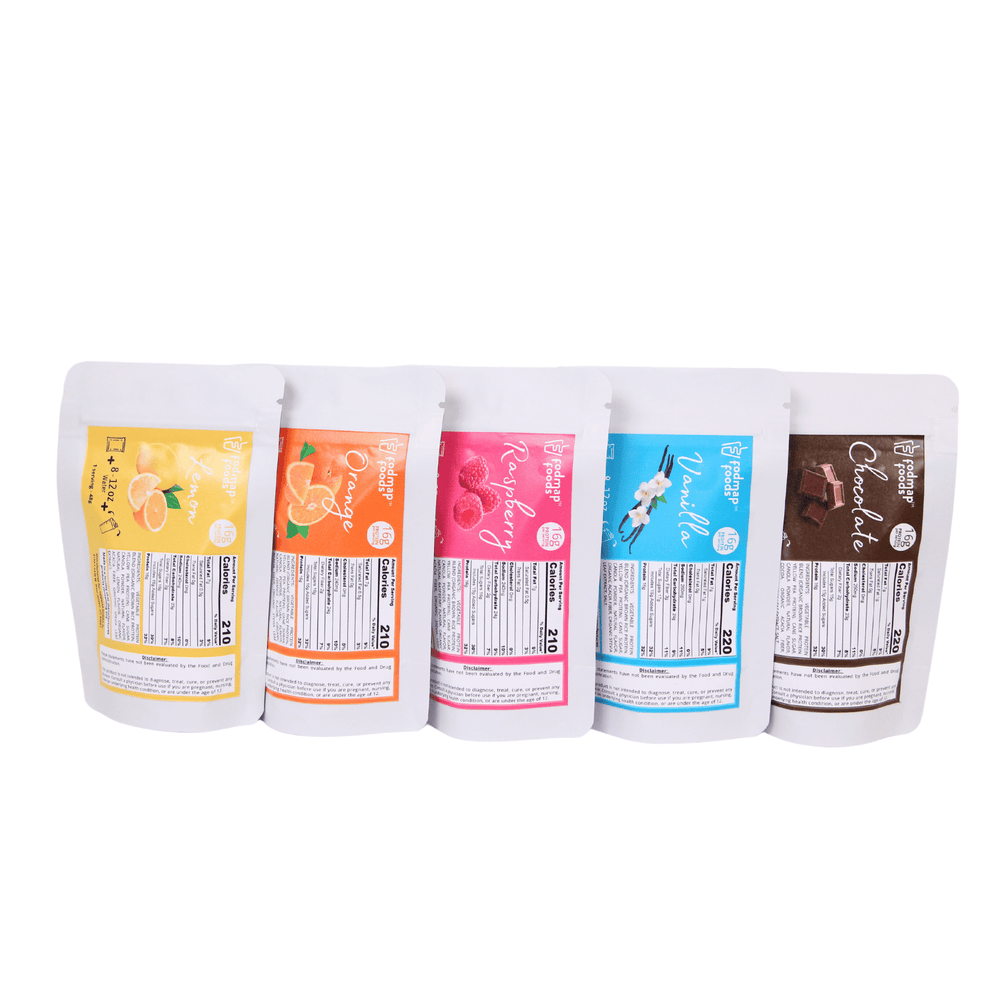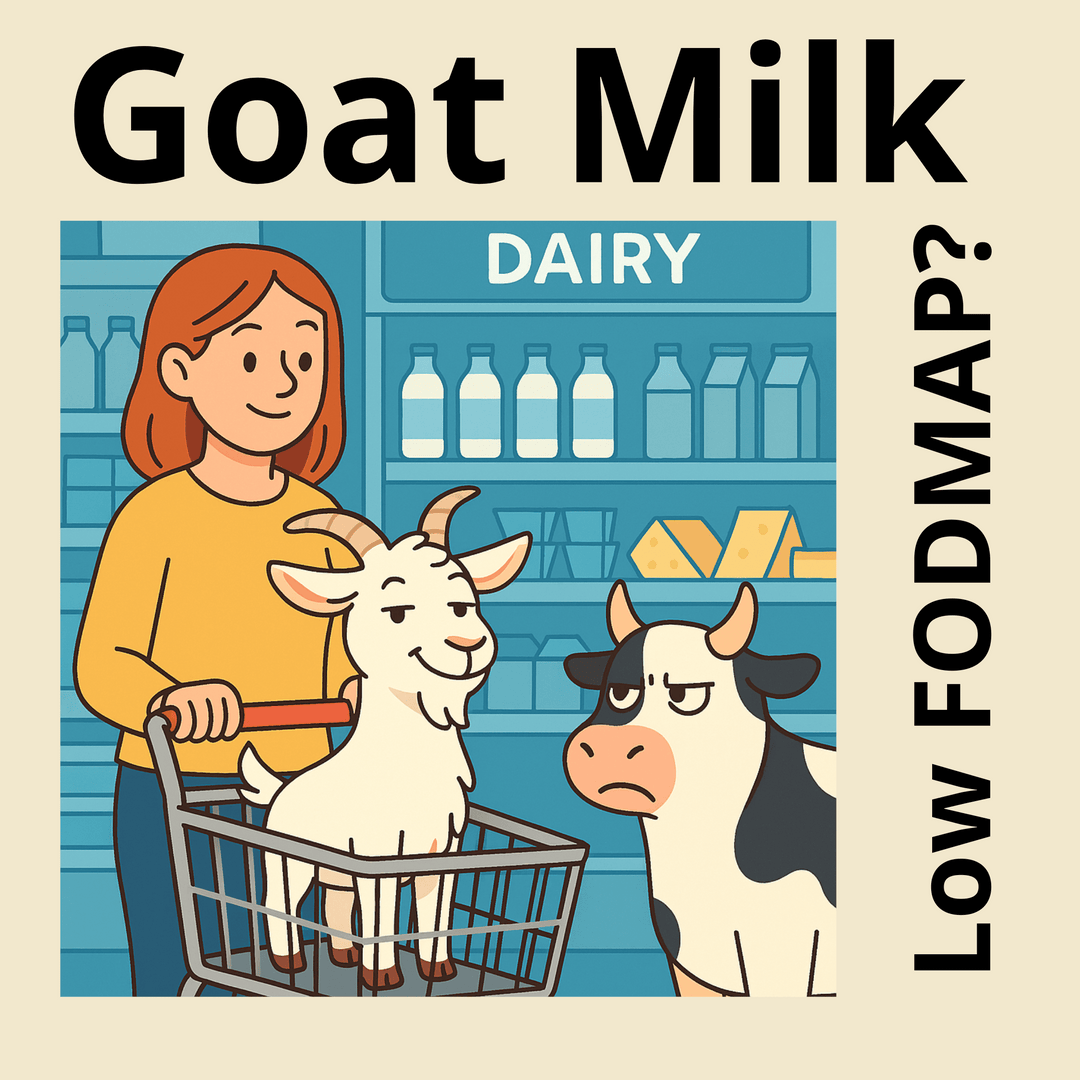Canola Oil's Health Benefits and Dispelling Myths


I call canola a healthy oil. Many think this is radical or too bold. So why do I think so highly of this oil? If you step back in medicine and put the "seed oil" label on the shelf for a minute. We can ask what is the #1 cause of death of humans in the USA? Heart disease. What about the #1 cause of death in the world? Heart disease again. So if you have anything that can prevent heart disease this is healthy. Would you guess that canola that has been extracted with chemicals and is not organic has been shown in multiple studies to reduce LDL, total cholesterol, have high levels of Omega 3 and has an FDA claim that it can reduce the risk of heart disease. What else can you call this type of food other than healthy. Can you eat too much oil, yes. Should you fry with it and not worry, no. I am not saying Canola will be a magic cure to solve the world’s problems. But let’s get a few things right about Canola.
- Wrongly lumped into a group with "seed oils". This is like saying french fries and broccoli should have the same health claims because they are both vegetables
- Lowers total cholesterol and LDL cholesterol
- Higher concentration of Omega 3 fatty acids than olive and avocado oils
- More vitamin E than olive oil
- Half the saturated fat as olive oil
- Has an FDA approved health claim lowering the risk of heart disease
- Canola has anti-inflammatory properties and is not pro-inflammatory
- Comes from a super food family of vegetables
- Canola has not been shown to cause Alzheimer’s (this made great headlines but not true)
- Canola is not and never was banned in Europe
We invite you to read the full articles cited below. This educational page is more complex than our other articles because it needs to be. To understand how recent research has evaluated medical health benefits about canola is technical. The bullet list above is a summary for those of you looking for the short version.
If you made it this far, you’re going to love reading all about the amazing canola oil.
History
Canola oil and rapeseed oil are not the same thing. Canola is a food-grade version of certain rapeseed varieties specifically bred for low erucic acid. More on Canola later, lets learn about rapeseed. The name for rapeseed comes from the Latin word rapum meaning turnip. Rapeseed relatives include many healthy vegetables including the turnip, cabbage, brussels sprouts, mustard, and rutabaga. Rapeseed belongs to the genus Brassica and this genus of oil seed varieties are some of the oldest plants cultivated by humanity, with documentation of their use in India 4,000 years ago and use in China and Japan 2,000 years ago.

Canola is different from traditional rapeseed and was bred in the early 1970's at the University of Manitoba in Canada. This new rapeseed variety was bred to reduce the erucic acid content. It used to also be known as Low Erucic Acid Rapeseed (LEAR) oil. So why decrease the erucic acid levels. Studies done in the 1970's showed heart toxicities at high levels. This caused many governments to get involved to protect their citizens. It turns out these studies were done in rats, and they metabolize or process erucic acid differently than humans. Further studies showed the heart problems seen in rats are not likely relevant to human's heart health. The toxic effects of erucic have not been seen in pigs, primates, or any other animals [P1]. Fish are a known source of erucic acid in fact salmon both wild and farmed contain between 6 and 220 mg erucic acid per 100 g (palm size) fillet [P2]. Eating rapeseed oil and increased heart disease, has not been shown in humans [P3]. There are no reports of harm to people from dietary consumption of erucic acid [P4].
Since LEAR oil was probably hard to market a new name, Canola, was invented. Canola was originally a trademark name and is a blend of "CAN" from Canada and "OLA" from "oil low acid". Low acid because the erucic acid levels are dramatically different. Canola is now a generic term for edible varieties of rapeseed oil in North America and Australia. The name canola also makes it easy to keep it from being confused with natural rapeseed oil. Canola oil is limited by government regulation to a maximum of 2% erucic acid by weight in the US and the EU. These low levels of erucic acid further keeping it from causing harm in humans.

Heart health
Did you know that heart disease is not just a modern disease? Mummies from Egypt have plaques in their arteries. Canola oil, a plant-based oil rich in monounsaturated fatty acids (MUFA), has been shown to have beneficial effects on cardiovascular health. In 2006, canola oil was given a qualified health claim by the United States Food and Drug Administration (FDA) for lowering the risk of coronary heart disease. This is remarkable and should not be overlooked. The recommendation resulted from the high levels of unsaturated fats [H1]. Consumption of canola oil has been associated with significant reductions in
- total cholesterol
- low-density lipoprotein cholesterol (LDL-C)
- LDL-C to high-density lipoprotein cholesterol (HDL-C) ratio
- apolipoprotein B (Apo B) levels [H5]
compared to other edible oils.[H2] These effects were observed when canola oil replaced about 15% of total caloric intake [H2].
Compared to olive oil (arguably the King of healthy oils), canola was shown to decrease total cholesterol, LDL-C, LDL/HDL ratio, and triglycerides in very low-density lipoprotein (VLDL-TG) [H2, H3].
When compared to sunflower oil, canola oil improved LDL-C and LDL/HDL ratio.[H2].
In comparison with saturated fats, canola oil improved total cholesterol, triglycerides, LDL-C, total cholesterol/HDL ratio, and Apo B [H2].
The American Heart Association recommends replacing dietary saturated fat with unsaturated fats, especially polyunsaturated fats, to lower the incidence of cardiovascular disease.[H4] Canola oil, being high in unsaturated fats, aligns with this recommendation.
Omega 3 levels?
Eating healthy fats like omega-3s, which you can find in fish and some nuts, is really good for your brain and heart. A recent study found that people who had more omega-3s and fewer omega-6s (another type of fat) in their diet were healthier and lived longer. They had a lower chance of dying early from things like heart disease and cancer. [OM1] Omega-3s are especially good for us, so what about oils? How does canola compare agains Olive and Avocado oil? The graph below shows the total omega 3 and omega 6 ratio. The higher the number the more the more omega 3 in the product. As you can see, despite what you may have heard, canola is impressive. It has over 5x the amount of omega 3 that olive oil has. Which oil has the most? Flax seed oil has 8x more than canola. However, using flax seeds in cooking has some downsides. They can lose their nutrients when exposed to high heat, so they are best used in cold dishes like salads or smoothies. Also, they need to be ground up to be digested properly and provide their full benefits. Canola oil, on the other hand, is more stable when heated and can be used for cooking at higher temperatures.

Anti-inflammatory
Canola is not "pro"-inflammatory by current evidence. In fact, studies suggest that it may have anti-inflammatory properties. A study by Kruse et al. found that daily supplementation of 50g of canola oil over 4 weeks resulted in reduced gene expression of the pro-inflammatory cytokine IL6 in subcutaneous adipose tissue in obese men [AI1]. Another study by Ion et al. found that canola oil mimetic was anti-inflammatory, as opposed to corn oil mimetic which was pro-inflammatory. [AI2]
Vitamin E Levels
Vitamin E is a vitamin that helps keep our body healthy. It protects our cells from damage caused by things like pollution and sunlight, which can make us age faster. Vitamin E helps our skin stay smooth and soft, and makes our immune system stronger so we can fight off germs and stay well. It is also good for our eyes, helping us see better and preventing problems as we get older. How does Canola compare to other oils. The graph below is shows vitamin E levels.

Doesn't cause Alzheimer’s
This is going to be long because it gets into why the news articles can be misleading. In short this is not a true claim. What is the background? A 2017 study touted that Canola oil causes may cause Alzheimer’s. This was a great headline and sold a lot of "newspapers". However, before throwing the baby out with the bath water we should examine if this is a cause or a correlation or maybe just something interesting that we should think about.
The study observed that mice fed with canola oil exhibited weight gain and performed slightly worse in one specific cognitive test, and a notable presence of protein variants consistent with unique plaques and tangles found in the brains of people with Alzheimer's Disease.
However, the mice showed no significant differences in other cognitive tests. The authors' conclusions aligned with the data, except for their report of "significant deficits in working memory," which did not correspond to the results of other tests. The authors also compared the outcomes of this study with their previous research on the potential protective effects of olive oil, which shares similar properties with canola oil. However, their findings did not indicate similar benefits with canola oil. While the study's results are based on genetically modified mice fed with a high oil diet, the study's relevance to humans remains unclear. Thus, the data does not support the assertion that canola oil causes memory problems, dementia, obesity, or Alzheimer's Disease in humans.
The results showed that the oil-fed mice gained significantly more weight. The mice performed slightly less well on a standard mouse test (the Y-maze) but performed comparably in two other tests. The brains of oil-eating mice contained a ratio of protein variants consistent with the AD signature plaques and tangles and were lower in a protein marker for neuronal integrity. All other markers were comparable.
The authors’ conclusions were generally in line with the data. However, they did report, “significant deficits in working memory,” an interpretation that maybe isn’t entirely consistent with a 20% deficit in one behavioral test, when other tests were not statistically different.
In the paper, the authors compared the results of this study to their earlier report that showed potential protective effects of olive oil. Canola oil and olive oil have similar profiles in ratios of saturated, monounsaturated, and polyunsaturated fat, so it is a good hypothesis to test. The authors did not find the same benefits in canola oil. A direct side-by-side comparison of canola and olive oil was not performed, In a previous study they showed that olive oil consuming mice also gain weight.
The scientific interpretation based on the limits of the experimental design—mice genetically altered to exhibit AD-like neural pathology, fed more calories from oil, become obese, showed evidence of markers consistent with lower neurological function, and exhibited slight symptoms consistent with memory problems.
The data do not show, in any way, that canola oil causes memory problems, dementia, obesity, and Alzheimer’s Disease, especially in humans.
Maybe some of the negative consequences of using canola oil is from #1 eating in excess #2 from Rapeseed oil not specifically used to make canola oil #3 weight gain. We do not promote Canola as the world’s most healthy oil but believe generalized statements like it is "pro-inflammatory" or "causes Alzheimer’s" are not true and misleading. We recommend people seriously interested in learning about canola check out the studies below.
Canola not banned in Europe
Is canola oil banned in Europe? There is a rumor that canola oil was banned in Europe, but it's not true. The confusion comes from the fact that there used to be a different kind of oil called rapeseed oil that was banned because it had a harmful substance called erucic acid. Canola oil is made from a special kind of rapeseed that has very low levels of erucic acid as we have discussed. Canola oil is actually allowed and used in Europe.
Summary
Canola is not a cure for everything and you have to be careful to have too much fat in your diet. However, if you're smart about using it is a great alternative to Olive, and Avocado. It is especially better than coconut oil for heart health. This article is to improve awareness that canola is different from the other seed oils.








Leave a comment